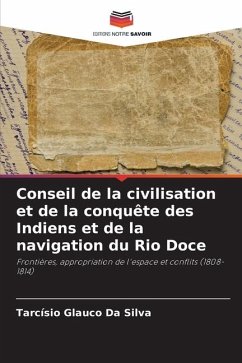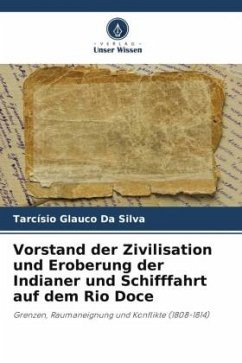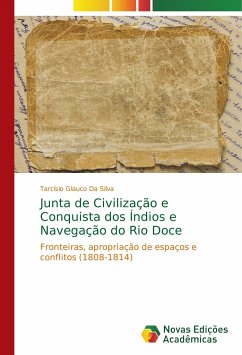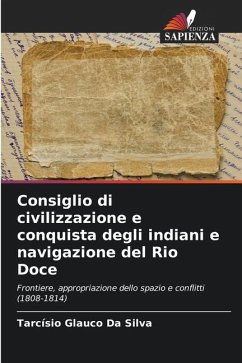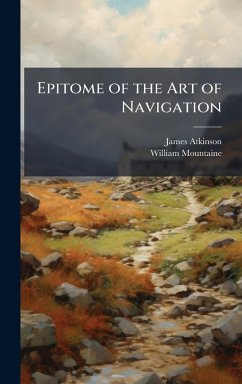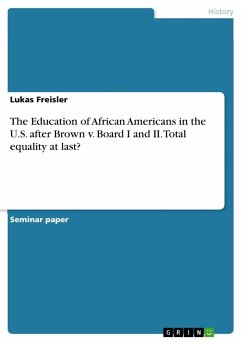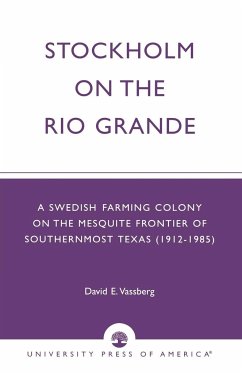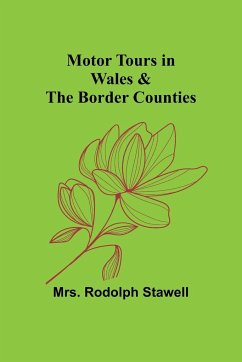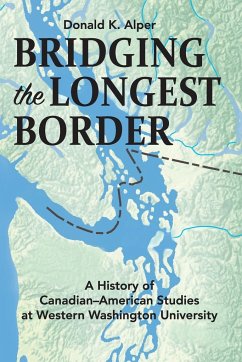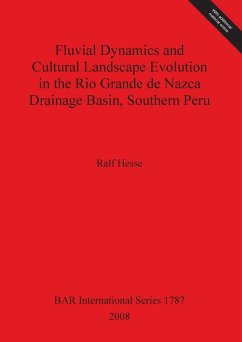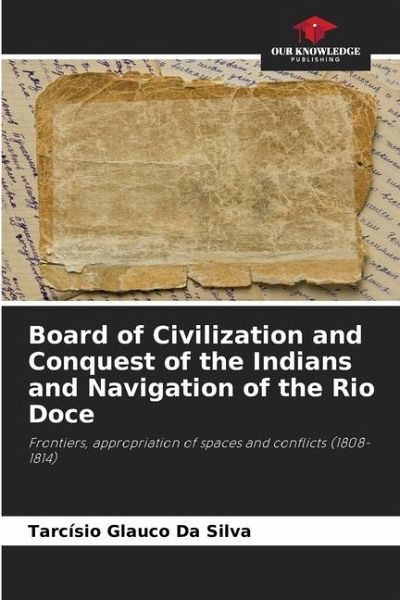
Board of Civilization and Conquest of the Indians and Navigation of the Rio Doce
Frontiers, appropriation of spaces and conflicts (1808-1814)
Versandkostenfrei!
Versandfertig in 6-10 Tagen
34,99 €
inkl. MwSt.

PAYBACK Punkte
17 °P sammeln!
The object of this study is the Junta de Civilização e Conquista dos Índios e Navegação do Rio Doce, created in 1808 with the aim of combating the Botocudo Indians and beginning the effective conquest and occupation of the eastern region of the captaincy of Minas Gerais. The decline of mining led to a search for productive options and the appropriation of new land for agricultural activities put pressure on the movement to occupy the frontiers of that captaincy. Increased contact between Indians and settlers led to an upsurge in friction between the two groups. Through the distribution of...
The object of this study is the Junta de Civilização e Conquista dos Índios e Navegação do Rio Doce, created in 1808 with the aim of combating the Botocudo Indians and beginning the effective conquest and occupation of the eastern region of the captaincy of Minas Gerais. The decline of mining led to a search for productive options and the appropriation of new land for agricultural activities put pressure on the movement to occupy the frontiers of that captaincy. Increased contact between Indians and settlers led to an upsurge in friction between the two groups. Through the distribution of land to new settlers and the control of indigenous groups through their settlement, an attempt was made to create the ideal conditions for an increase in the white population in the region. The aldeamento, in the region administered by the Doce River Board, can be seen more as a strategy to remove the Indians from their lands than an initiative to integrate them into Portuguese society. By researching the Junta's Minute Books, we tried to analyze how it acted to achieve its objectives, which can be summarized as follows: to make the area safe and guarantee its occupation to the exclusion of the original population.





